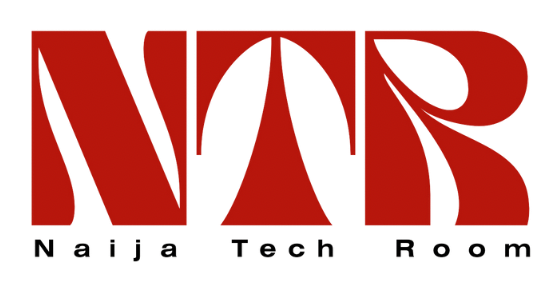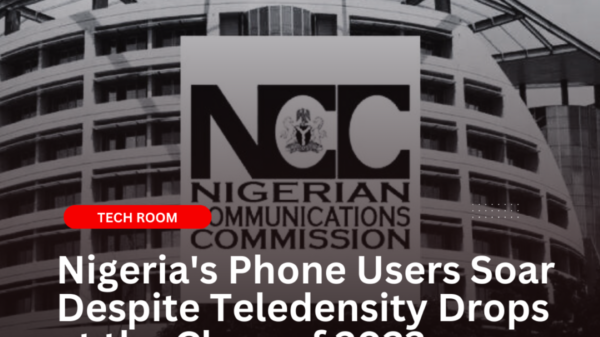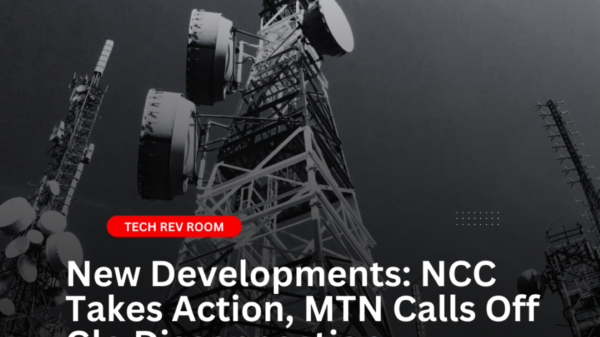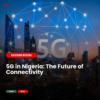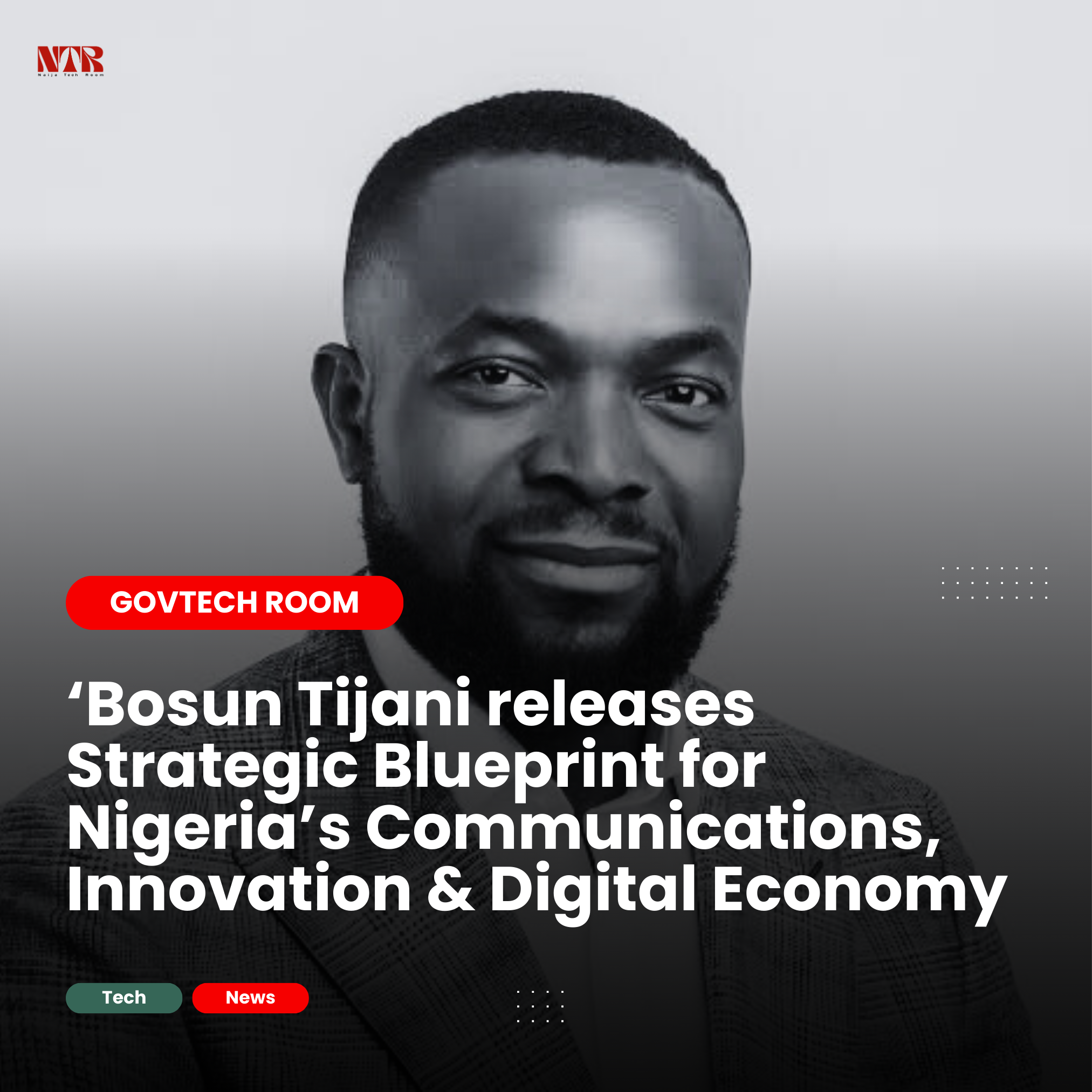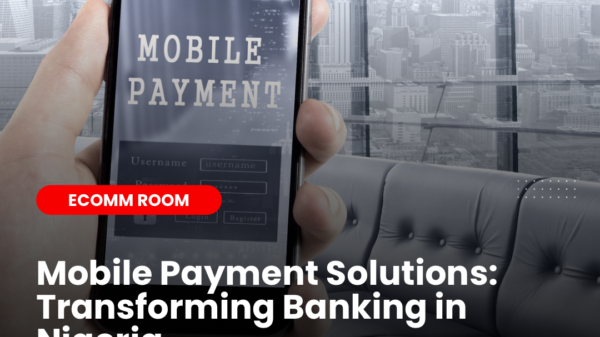The introduction of 5G technology in Nigeria signifies a substantial advancement in the
country’s connectivity landscape and promises a bright future ahead. As the latest iteration
of wireless technology, 5G is on the cusp of revolutionizing various sectors, ushering in fresh
possibilities. Here, we delve into how 5G is shaping the future of connectivity in Nigeria:
- Unprecedented Internet Speeds: 5G brings about a remarkable surge in internet
speeds compared to its predecessors. In Nigeria, this translates to seamless
high-definition video streaming, accelerated downloads, and reduced latency for
real-time applications. - Elevated Mobile Connectivity: 5G networks are purpose-built to accommodate an
extensive array of connected devices concurrently. This capability is pivotal for the
proliferation of Internet of Things (IoT) devices, smart cities, and other applications
reliant on robust connectivity. - Transforming Industries: 5G is poised to overhaul various industries, including
healthcare, manufacturing, agriculture, and transportation. In healthcare, for instance,
it enables telemedicine and remote surgery, while in agriculture, it facilitates precision
farming through the utilization of IoT sensors and drones. - Enhanced Educational Experiences: 5G has the potential to elevate remote learning
experiences by providing high-quality video streaming, augmented reality (AR) and
virtual reality (VR) content for immersive learning, and real-time collaboration among
students and educators. - Empowering Smart Cities: Nigerian cities can harness the capabilities of 5G for smart
city initiatives, encompassing intelligent traffic management, efficient waste
management, and augmented public safety through real-time surveillance and
emergency response systems. - Catalyzing Economic Expansion: The deployment of 5G infrastructure creates
avenues for economic growth by attracting investment and nurturing innovation.
Startups and businesses can devise novel applications and services that leverage
the high-speed and low-latency attributes of 5G. - Extending Connectivity to Rural Areas: 5G possesses the potential to bridge the
digital divide by extending high-speed internet access to remote and underserved
regions in Nigeria, thereby promoting inclusivity and equitable opportunities. - Streamlined Manufacturing: Industries in Nigeria stand to gain from 5G’s low-latency
and high-reliability features, particularly in the realm of industrial automation and
robotics. This promises increased productivity and operational efficiency. - Thriving Entertainment and Gaming: The entertainment and gaming sectors are
primed for growth with 5G, offering immersive experiences, cloud-based gaming, and
top-tier streaming content to Nigerian users. - Heightened Security: 5G networks are equipped with advanced security measures,
safeguarding data and critical infrastructure against cyber threats—an imperative as
Nigeria’s digital footprint expands. - Environmental Considerations: 5G can contribute to environmental sustainability
efforts in Nigeria by enabling smart energy management and reducing energy
consumption across various applications. - Challenges and Prudent Considerations: The rollout of 5G in Nigeria also brings
challenges, including the need for infrastructure development, spectrum allocation,
and cybersecurity safeguards. Addressing these challenges is pivotal for a seamless
transition to 5G.
In conclusion, 5G technology holds tremendous potential for Nigeria, presenting accelerated
speeds, reduced latency, and a myriad of prospects for innovation and expansion. As the
nation continues to embrace this transformative technology, addressing infrastructure
requirements, regulatory frameworks, and cybersecurity concerns will be vital to fully
unlocking the advantages of 5G and ensuring Nigeria’s path towards a connected and
digitally advanced future.
